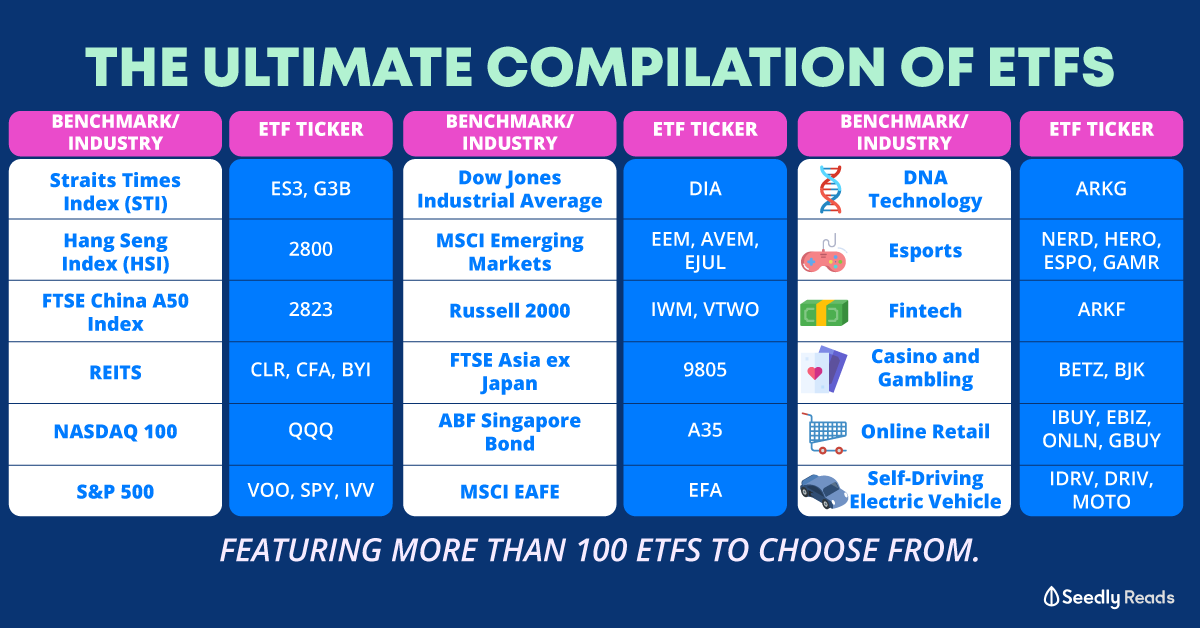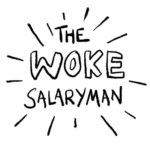Advertisement
What are your thoughts on Traded Endowment Policy?
Recently I learnt about TEP which allows one to buy a 'resale, endowment plan for a shorter time frame of maturation while maintaining high interests rate. Has anyone bought one before? Or does it sound too good to be true after the 'agent' imposes levy/tax on it?
2
Discussion (2)
Learn how to style your text
PolicyWoke
23 Oct 2020
Turbo-charge Your Savings with REPs at PolicyWoke
Reply
Save
Michael Wong
14 Oct 2020
Seedly Student Ambassador 2020/21 at Seedly
A traded endownment policy is basically one where the owner of the policy decides to prematurely surrender the policy. Instead of surrendering to the company, they instead transfer their ownership of the policy to a buyer who offers a lump sum that is more than their current surrender value. Depending on the current lifespan of the policy, you either have to continue paying the premiums (if any) or just wait for the maturity.
Now this is interesting as it entails two things:
1: Since you are entering the policy during its later stage, you skip the slow initial growth stage where there are high policy costs (distribution fees) being incurred. This means that you would probably be receiving higher returns at a shorter period as your accumulation period in the endownment is much shorter (depending on the current lifespan of the policy).
2: You are able to reduce your risk as you can look out for endownments that are capital guaranteed.
However, the downside is that because insurance products are usually designed to suit the buyer's financial goals, you will not be able to experience that freedom of flexibility. You are only able to select what's available on the market.
Another important thing to note is that while ownership of endowment policies and whole life policies can be reassigned, you are unable to switch the life assured on the policy. You can look out for Life Replacement Option LRO in the policies but usually the fine clause only allows you to change the life insured to someone who has an insurable interest to the existing owner; usually a family member. This means that taking up a traded endownment policy will not provide you with protection as the person who is assured will most likely still be the original owner.
Reply
Save
Write your thoughts
Related Articles
Related Posts
Related Posts
Advertisement









Hi Ben,
TEP is an endowment policy that was given up by the original policyowner and then being sold in the secondary market. From the new buyer standpoint, TEP is a shorter term to maturity and projected higher internal rate of return, as compared to buying the same one from Day One.
However, it requires prospective buyers to do their own financial planning or with assistance from their servicing financial advisor, to determine if TEPs are suitable for their financial needs. This is because the brokers who trade TEPs are unable to give any financial advice.
Similar to buying a new one, TEPs also have this clause:
"Buying a life insurance is a long-term commitment. An early termination of the policy usually involves high costs and the surrender value (if any) may be less than the total premiums paid."
Hope this helps.